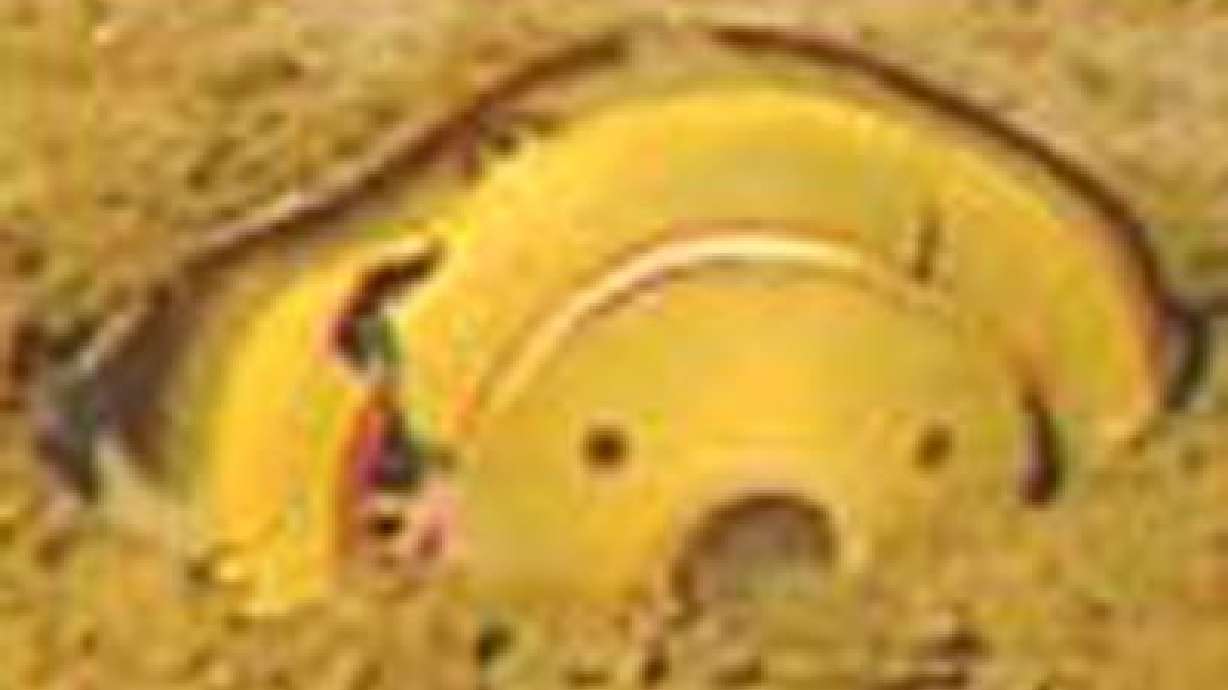Estimated read time: 2-3 minutes
This archived news story is available only for your personal, non-commercial use. Information in the story may be outdated or superseded by additional information. Reading or replaying the story in its archived form does not constitute a republication of the story.
DENVER (AP) -- An investigator says Lockheed Martin failed to perform a critical pre-launch test that could have prevented NASA's $264 million Genesis capsule from smashing into the Earth at nearly 200 mph after retrieving samples of solar wind.
The test would have found that switches designed to trigger the release of the capsule's parachutes were installed backward, the chief of the investigation told the Rocky Mountain News for Friday's editions.
"Clearly there was an error made, and there were some shortfalls in processes that you would hope would catch it," said Michael Ryschkewitsch, chairman of the Genesis Mishap Investigation Board. "The safety nets were not there."
Lockheed Martin Space Systems spokesman Buddy Nelson said the company had decided to forgo the prelaunch test and instead compare the Genesis circuits to the design of another capsule that was built earlier and had passed the test.
That capsule, Stardust, is due to return to Earth on Jan. 15 carrying comet samples.
Despite the crash of Genesis, scientists recovered enough material for study when it returned to Earth in September 2004 after nearly three years in space.
The four Genesis switches, known as gravity switches, were supposed to detect the slowing of the capsule when it re-entered Earth's atmosphere and then start a timing sequence that would eventually deploy a parachute and a parafoil.
A helicopter was supposed to snag the parafoil during the descent over Utah and then gently lower the capsule to the ground.
The four switches had been installed at Lockheed Martin's Waterton Canyon plant in the Denver area.
Stardust also has gravity switches to trigger the release of parachutes. But those parachutes are designed to carry the capsule all the way to the ground in Utah, rather than relying on a helicopter to snag it during descent.
Engineers have checked Stardust's systems and believe they will work, said Ed Hirst, a mission system manager at NASA's Jet Propulsion Laboratory in Pasadena, which is managing the $212 million mission.
The 150-page final report on Genesis, expected this month, will include recommendations for more oversight of spacecraft testing and greater scrutiny of spacecraft components copied from previous missions.
"It's a very easy trap for people to fall into, to think that a piece of hardware has been built before, tested before, flown before and, therefore, there can't be any problems in using it," said Ryschkewitsch, who is deputy director of the NASA Goddard Space Flight Center in Maryland.
(Copyright 2006 by The Associated Press. All Rights Reserved.)








